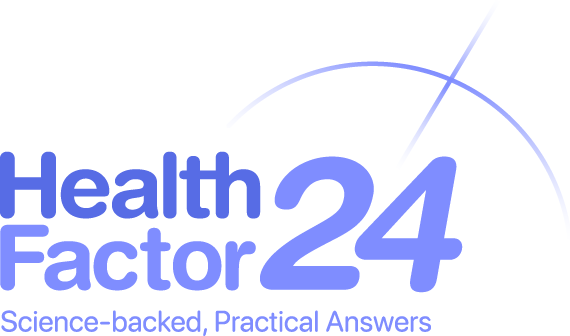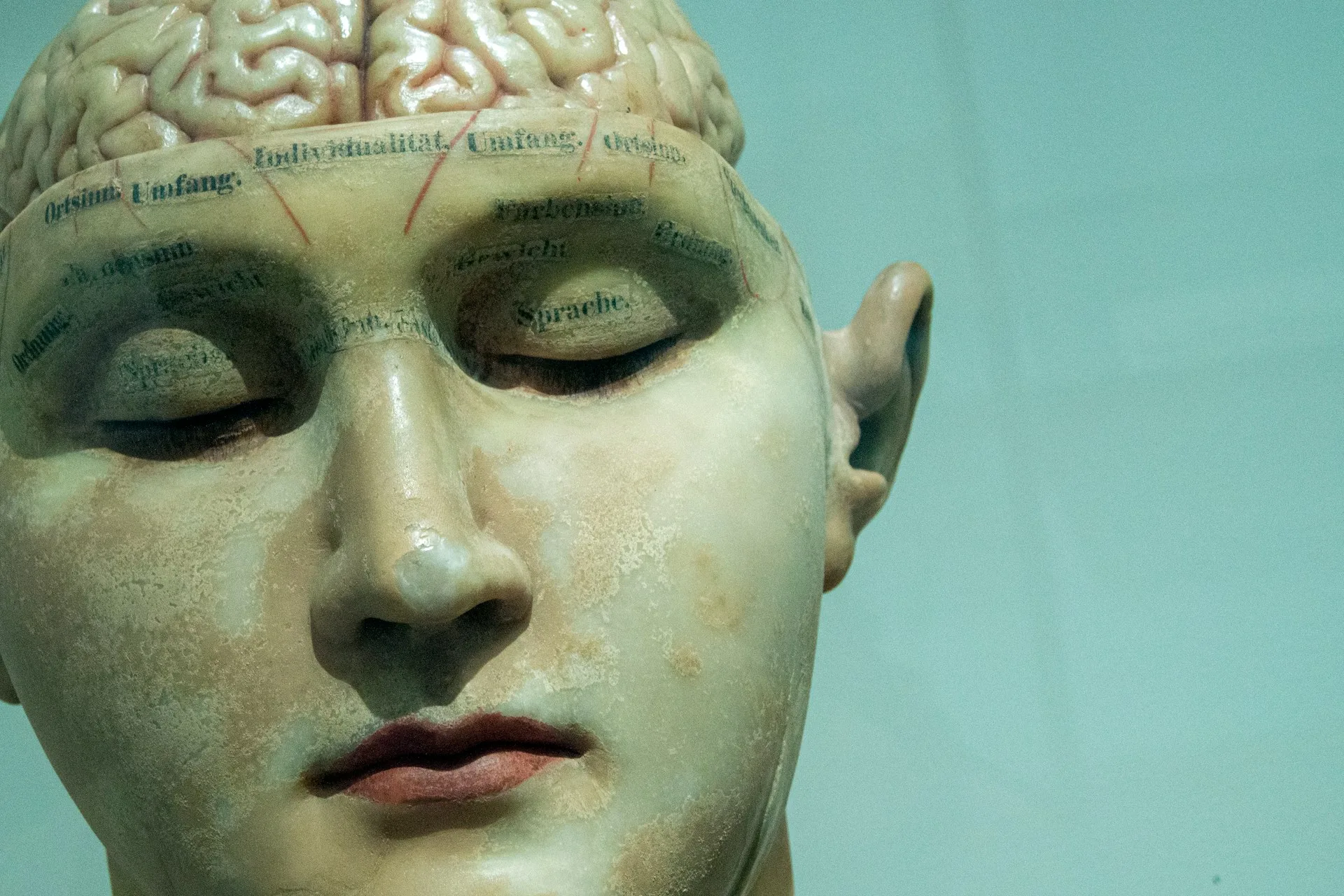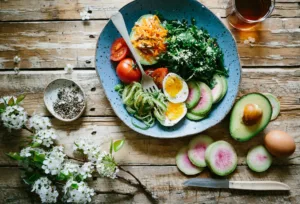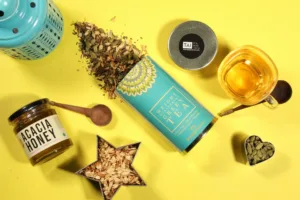Alright folks, get ready to have your minds blown (or at least mildly intrigued). Today, we’re diving into the fascinating world of the gut-brain axis. Now, I know what you’re thinking – your gut and your brain? What could they possibly have in common? Well, buckle up, because it turns out these two are more like BFFs than you ever imagined.
Your Gut: A Second Brain?
Ever had a “gut feeling” about something? Or felt butterflies in your stomach when you’re nervous? That’s not just your imagination. Your gut has its very own nervous system, often called the “second brain.” It’s packed with millions of neurons that communicate with your brain, influencing everything from your mood to your memory.
The Gut-Brain Connection: It’s All About the Microbiome
The key player in this whole gut-brain axis thing is your gut microbiome – that bustling community of trillions of bacteria, viruses, and fungi living in your digestive tract. These little critters aren’t just freeloaders; they play a vital role in digestion, immune function, and yes, even your mental health.
Research has shown that an imbalance in your gut microbiome (also known as dysbiosis) has been linked to a whole host of mental health issues, including depression, anxiety, and even cognitive decline. On the flip side, a healthy, diverse microbiome has been associated with improved mood, better stress resilience, and even enhanced cognitive function.
How to Feed Your Happy Gut Bugs
So, how do you keep those gut bugs happy and thriving? The answer, as you might expect, lies in your diet.
- Fiber is Your Friend: Fiber-rich foods like fruits, vegetables, whole grains, and legumes act as a feast for your beneficial gut bacteria, helping them flourish and multiply.
- Fermented Foods: Sauerkraut, kimchi, yogurt, kombucha – these fermented goodies are teeming with probiotics, which are live bacteria that can help replenish and diversify your gut microbiome.
- Prebiotics: Fuel for the Fire: While probiotics add to the gut microbiome, prebiotics feed the good bacteria already living there. You’ll find prebiotics in foods like garlic, onions, asparagus, and bananas.
What About Probiotic Supplements?
While they can be helpful for some people, it’s important to remember that not all probiotics are created equal. Different strains have different effects, and it’s always best to talk to your doctor or a registered dietitian before starting any supplement regimen.
My Two Cents
I’ve always been fascinated by the gut-brain connection, and I’ve seen firsthand how improving gut health can have a profound impact on mental well-being. It’s not just about eliminating digestive issues (though that’s a nice bonus); it’s about unlocking a whole new level of mental clarity, focus, and emotional balance.
So, if you’re looking for a natural way to boost your mood, improve your cognitive function, and just feel better overall, start paying attention to your gut health. It might just be the missing piece in your wellness puzzle.




